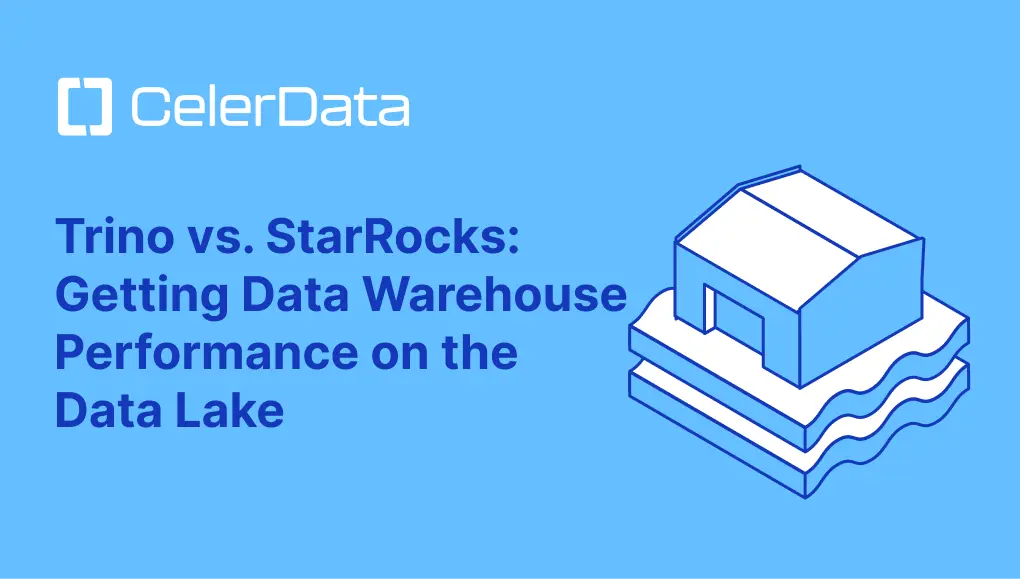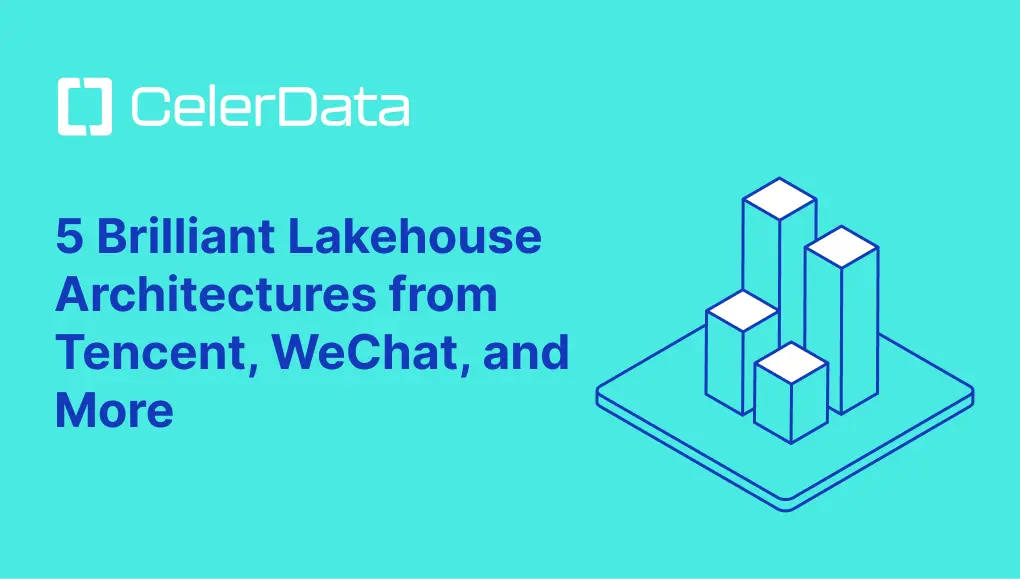
Google Cloud Platform (GCP)

Join StarRocks Community on Slack
Connect on SlackWhat Is Google Cloud Platform (GCP)
Overview of GCP
Google Cloud Platform (GCP) offers a vast array of cloud computing services. The journey of GCP began with the launch of App Engine in 2008. Over the years, GCP has grown significantly. In July 2012, Google introduced the Google Cloud Platform Partner Program. This program enhanced collaboration with various partners. In October 2014, Google acquired Firebase, integrating it into GCP. This acquisition strengthened GCP's capabilities in mobile and web application development. By May 2017, Google launched Cloud IoT Core. This service allowed secure connections and management of IoT devices.
History and Development
GCP's history reflects its continuous evolution. The introduction of paid support packages in February 2013 marked a significant milestone. These packages provided users with enhanced support options. In January 2015, Google Cloud Monitoring entered its beta phase. This service offered monitoring support for various cloud services. The development of GCP showcases Google's commitment to innovation. The platform continues to expand its offerings to meet diverse business needs.
Core Services Offered
GCP provides a wide range of core services. These services include computing, storage, and networking solutions. Google Compute Engine offers virtual machines for scalable computing power. Google Kubernetes Engine enables containerized applications management. For storage, Google Cloud Storage provides durable and secure object storage. Google Cloud SQL offers fully managed relational databases. Networking services like Google Cloud VPC and Google Cloud CDN enhance connectivity and performance. These core services form the backbone of GCP's cloud computing offerings.
Key Features of GCP
GCP stands out with its unique features. These features make it a preferred choice for many businesses. Scalability and flexibility are among the key attributes.
Scalability and Flexibility
GCP allows businesses to scale their operations efficiently. The platform's infrastructure supports dynamic scaling. Users can adjust resources based on demand. This flexibility ensures optimal performance and cost-efficiency. GCP's scalability caters to both small startups and large enterprises. The platform adapts to varying workloads seamlessly.
Security and Compliance
Security remains a top priority for GCP. The platform employs robust security measures to protect data. Google Cloud adheres to strict compliance standards. These standards ensure data privacy and integrity. GCP's security features include encryption, identity management, and threat detection. Businesses can trust GCP to safeguard their sensitive information. The platform's compliance with global regulations enhances its reliability.
Core Services of Google Cloud Platform (GCP)
Compute Services
Google Compute Engine
Google Compute Engine provides virtual machines that run on Google Cloud Platform infrastructure. You can choose from a variety of machine types to suit your needs. The Platform offers flexibility in terms of operating systems and configurations. Users can deploy applications quickly and efficiently. Google Cloud Platform services ensure high performance and reliability. The Engine supports both Linux and Windows environments. Users can scale their applications seamlessly with GCP cloud resources.
Google Kubernetes Engine
Google Kubernetes Engine simplifies the management of containerized applications. You can deploy, manage, and scale containers effortlessly. The Platform offers automated operations and integrated security. Google Cloud provides a robust environment for container orchestration. You can focus on building applications rather than managing infrastructure. Google Kubernetes Engine ensures high availability and scalability. The Engine integrates well with other GCP cloud services.
Storage Services
Google Cloud Storage
Google Cloud Storage offers secure and durable object storage. You can store and retrieve any amount of data at any time. The Platform provides multiple storage classes to optimize costs. Users can choose between standard, nearline, coldline, and archive storage. Google Cloud ensures data redundancy and availability. You can access your data globally through Google Cloud networks. The Platform supports integration with other Google Cloud Platform services.
Google Cloud SQL
Google Cloud SQL delivers fully managed relational databases. You can set up and manage databases with ease. The Platform supports MySQL, PostgreSQL, and SQL Server. Users benefit from automated backups and updates. Google Cloud ensures high availability and reliability. You can scale your databases according to demand. The Platform provides seamless integration with Google BigQuery for advanced analytics.
Networking Services
Google Cloud VPC
Google Cloud VPC offers a scalable and flexible network infrastructure. You can create and manage virtual private clouds with ease. The Platform provides control over IP addresses and subnets. Users can configure firewall rules and routes for security. Google Cloud ensures low-latency connections across regions. You can connect on-premises networks to Google Cloud using VPNs. The Platform supports hybrid and multi-cloud environments.
Google Cloud CDN
Google Cloud CDN accelerates content delivery across the globe. You can cache content at edge locations for faster access. The Platform reduces latency and improves user experience. Users can deliver web and video content efficiently. Google Cloud ensures high availability and scalability. You can integrate Google Cloud CDN with other Google Cloud Platform services. The Platform provides detailed analytics for performance monitoring.
Advantages of Using Google Cloud Platform (GCP)
Cost Efficiency
Google Cloud Platform offers a cost-effective solution for businesses. The Platform uses a pay-as-you-go pricing model, which means you only pay for the Google Cloud resources you use. This approach helps manage expenses effectively. GCP pricing models include billing-by-the-second capabilities. This feature provides flexibility and precision in cost management. Businesses can optimize their budgets with this model.
Pay-as-you-go Pricing
The pay-as-you-go pricing model allows businesses to scale operations without financial strain. You can adjust your usage based on demand. This flexibility ensures that you only pay for what you need. The Platform eliminates unnecessary costs associated with unused resources. This model benefits both small startups and large enterprises.
Sustained Use Discounts
Google Cloud offers sustained use discounts to encourage long-term usage. These discounts apply automatically when you use specific Google Cloud services consistently. The more you use, the greater the discount. This incentive reduces overall costs and encourages continuous engagement with GCP cloud. Businesses can achieve significant savings over time.
Innovation and Integration
Google Cloud Platform (GCP) leads in innovation and integration. The Platform provides advanced tools for AI and machine learning. These tools enable businesses to harness cutting-edge technology. Google Cloud integrates seamlessly with existing Google Cloud projects. This integration enhances productivity and efficiency.
AI and Machine Learning Capabilities
GCP offers robust AI and machine learning capabilities. The Cloud Machine Learning Engine allows you to build and deploy models easily. Google Cloud TPU accelerates machine learning workloads. These tools provide powerful solutions for data-driven decision-making. Businesses can leverage these capabilities to gain insights and improve operations.
Integration with Google Services
Google Cloud provides seamless integration with other Google services. You can connect with tools like Google BigQuery for advanced analytics. This integration simplifies data management and analysis. Google Cloud projects benefit from a unified ecosystem. The Platform supports collaboration and innovation across teams.
Comparing Google Cloud Platform (GCP) with Competitors
GCP vs. AWS
Pricing Comparison
GCP offers competitive pricing that appeals to cost-conscious businesses. The billing-by-the-second capabilities provide flexibility and precision in managing expenses. AWS, on the other hand, uses a different pricing model. AWS charges by the hour, which may lead to higher costs for some users. GCP's pricing structure allows businesses to optimize their budgets effectively. The pay-as-you-go model ensures you only pay for the resources you use. Sustained use discounts further enhance the cost-efficiency of GCP.
Service Offerings
GCP provides a wide range of services, including Infrastructure-as-a-Service (IaaS), Platform-as-a-Service (PaaS), and Software-as-a-Service (SaaS). Google Cloud's commitment to open source and multi-cloud solutions sets it apart. The platform supports developers with innovations in big data technology and advanced machine learning. AWS also offers a comprehensive suite of services. However, GCP's focus on accelerating business transformations gives it an edge. The platform helps developers build applications faster and make smarter decisions.
GCP vs. Microsoft Azure
Performance and Reliability
Google Cloud Platform (GCP) excels in performance and reliability. The platform's global infrastructure ensures fast and reliable service delivery. Google Cloud Interconnect provides dedicated connectivity to enhance performance. Azure also offers robust performance features. However, GCP's global backbone network stands out. This network ensures low-latency connections across regions. Businesses benefit from GCP's reliable and efficient cloud services.
Customer Support
GCP offers excellent customer support options. The platform provides various support packages to meet different business needs. Google Cloud's documentation is exceptional, guiding users through service implementation. Azure also provides comprehensive support services. However, GCP's focus on user experience enhances its support offerings. The platform's commitment to innovation ensures continuous improvement in customer support.
Getting Started with Google Cloud Platform (GCP)
Setting Up an Account
Free Tier and Trial Options
Begin your journey with Google Cloud Platform (GCP) by exploring the free tier. Google Cloud offers a 90-day free trial with $300 in credits. This trial allows you to experiment with various services without financial risk. Utilize this opportunity to understand how GCP can meet your needs.
Account Configuration
After signing up, configure your account to suit your requirements. Access the Google Cloud Console to manage settings. Choose the right region for your data storage and processing. Set up billing preferences to monitor expenses effectively. Ensure that your account aligns with your project goals.
First Steps in GCP
Navigating the Console
The Google Cloud Console serves as your control center. Familiarize yourself with its layout and features. Use the dashboard to access different services. Manage resources, monitor performance, and view billing information. The console provides a user-friendly interface for efficient navigation.
Deploying Your First Application
Deploy your first application using GCP tools. Start with Cloud Run for a simple deployment process. Cloud Run allows you to run containers without managing servers. Upload your code and let Google Cloud handle the rest. Monitor your application's performance through the console. This step marks the beginning of your Google Cloud Platform start.
Conclusion
GCP offers numerous benefits that make it an attractive choice for businesses. GCP provides robust tools for managing data and developing applications. The Platform supports scalability, flexibility, and cost-efficiency. Google Cloud's commitment to innovation ensures continuous growth and development. GCP empowers organizations to harness cutting-edge technology for smarter decision-making. Explore GCP further to unlock its full potential. Begin by experimenting with the free tier and trial options. Dive into the comprehensive suite of services and start building your expertise in Google Cloud Platform (GCP).



.jpg)